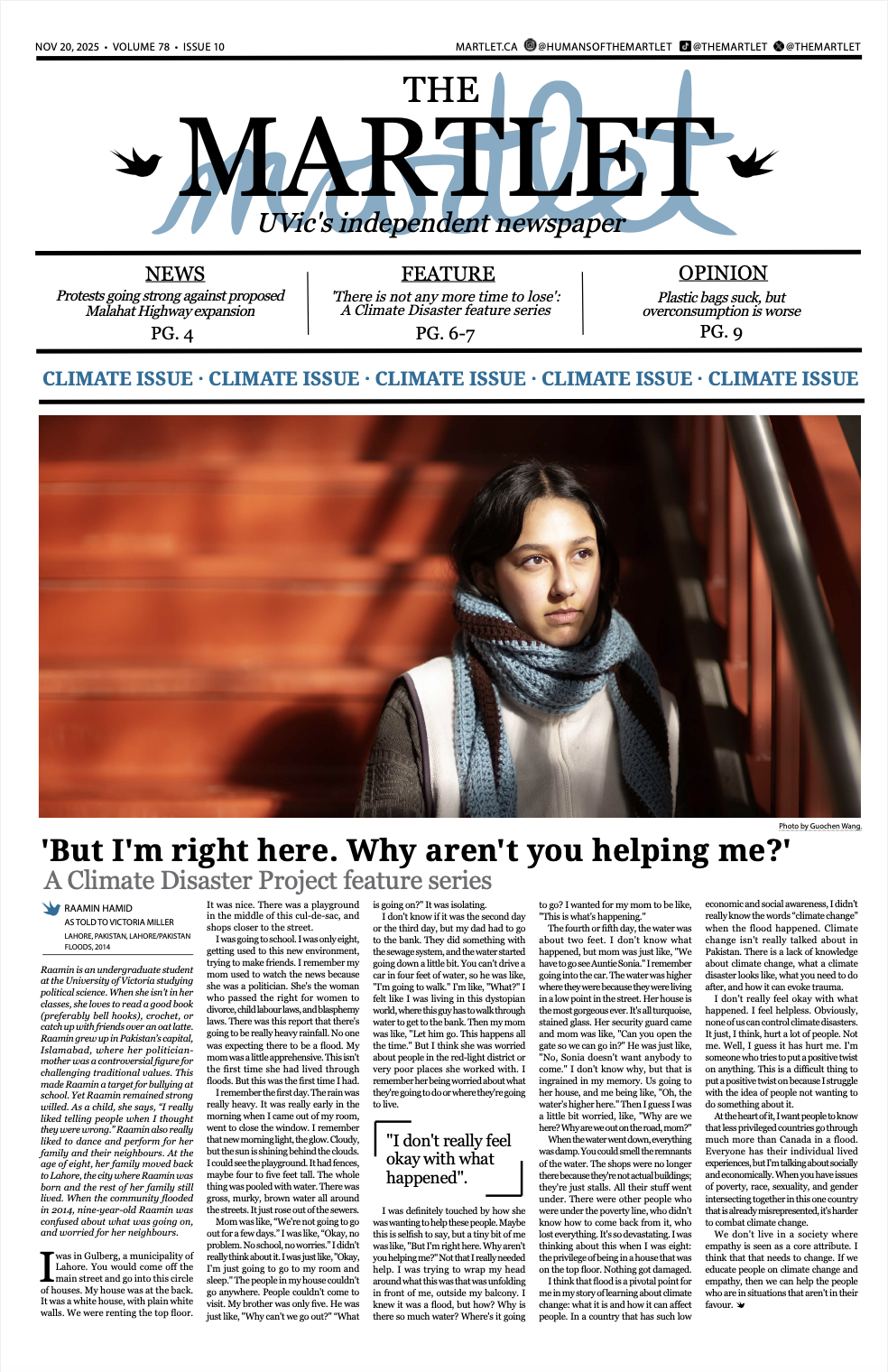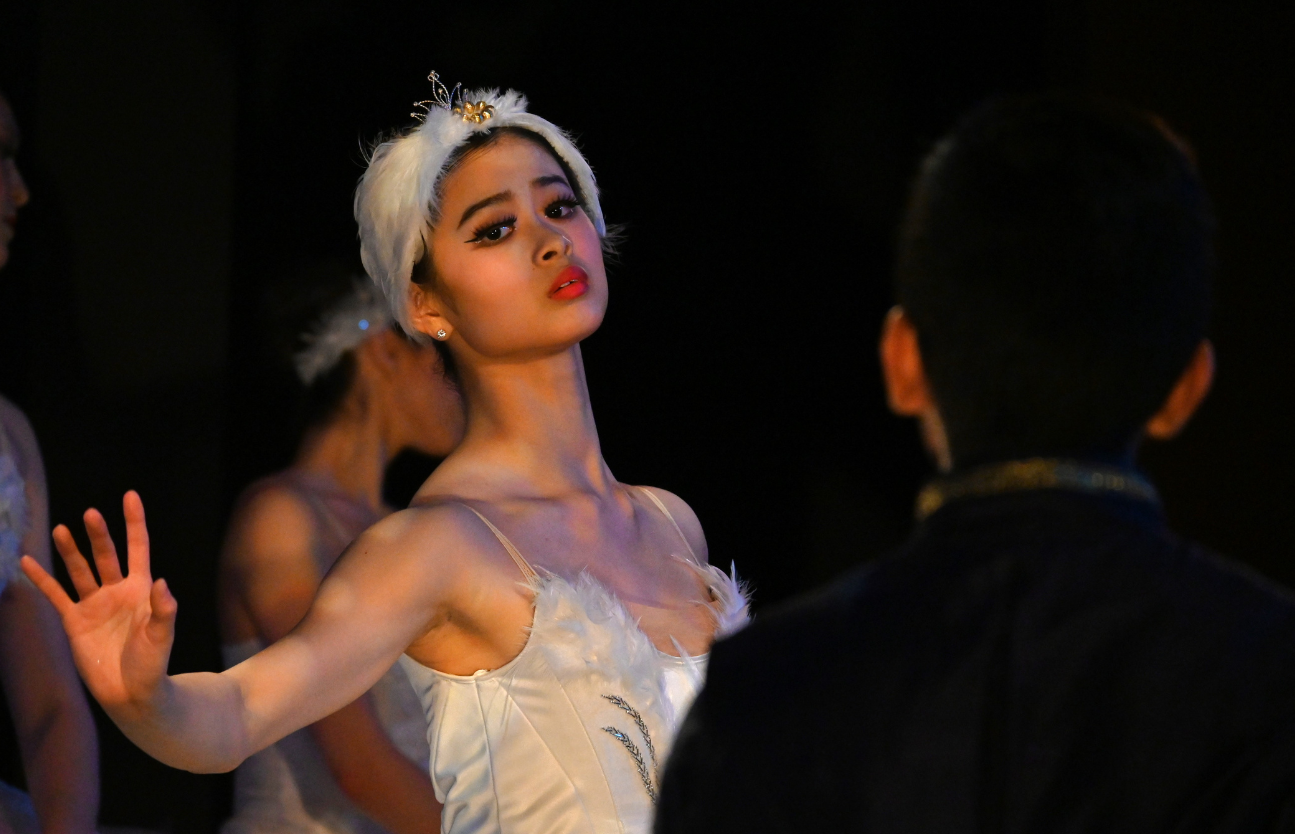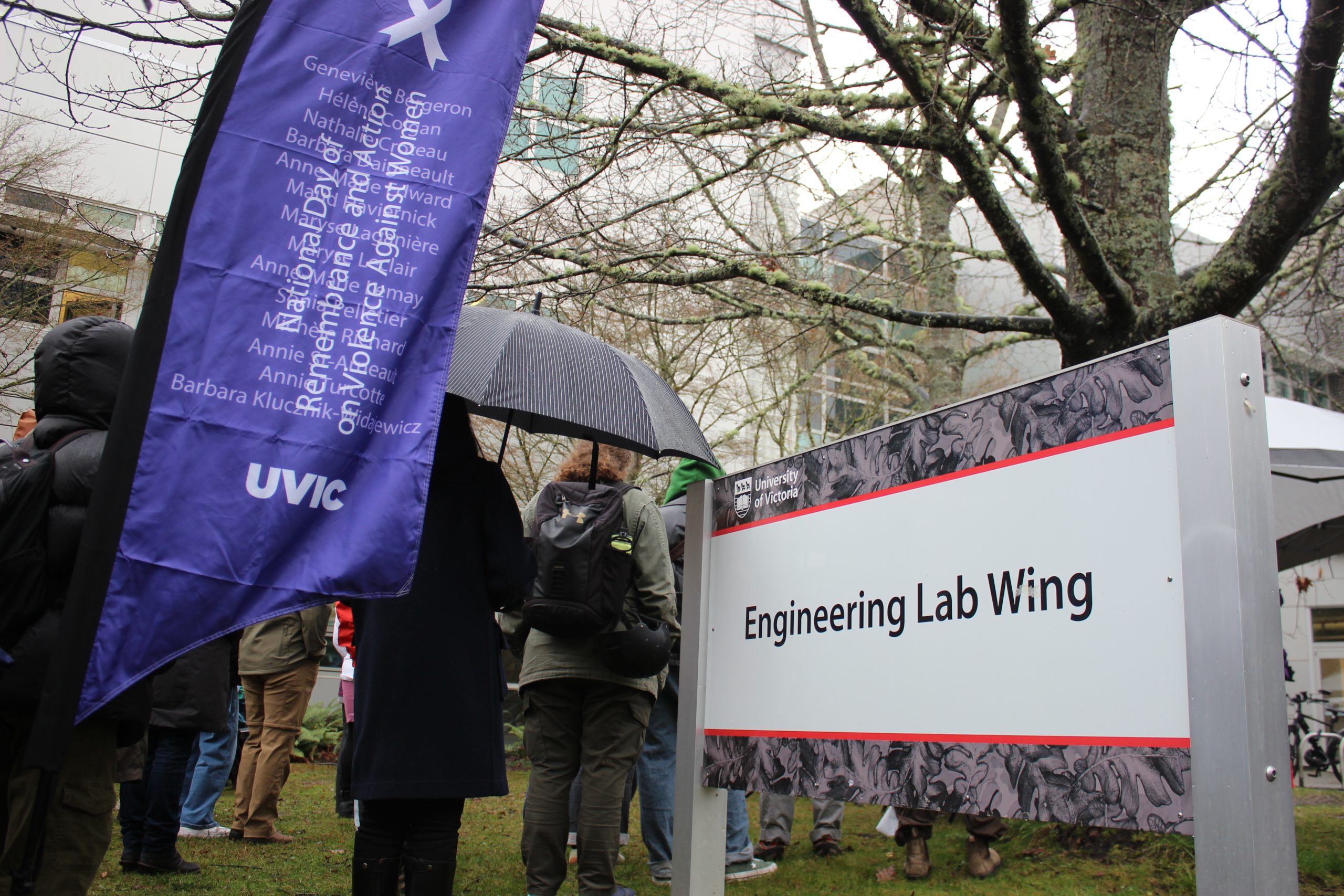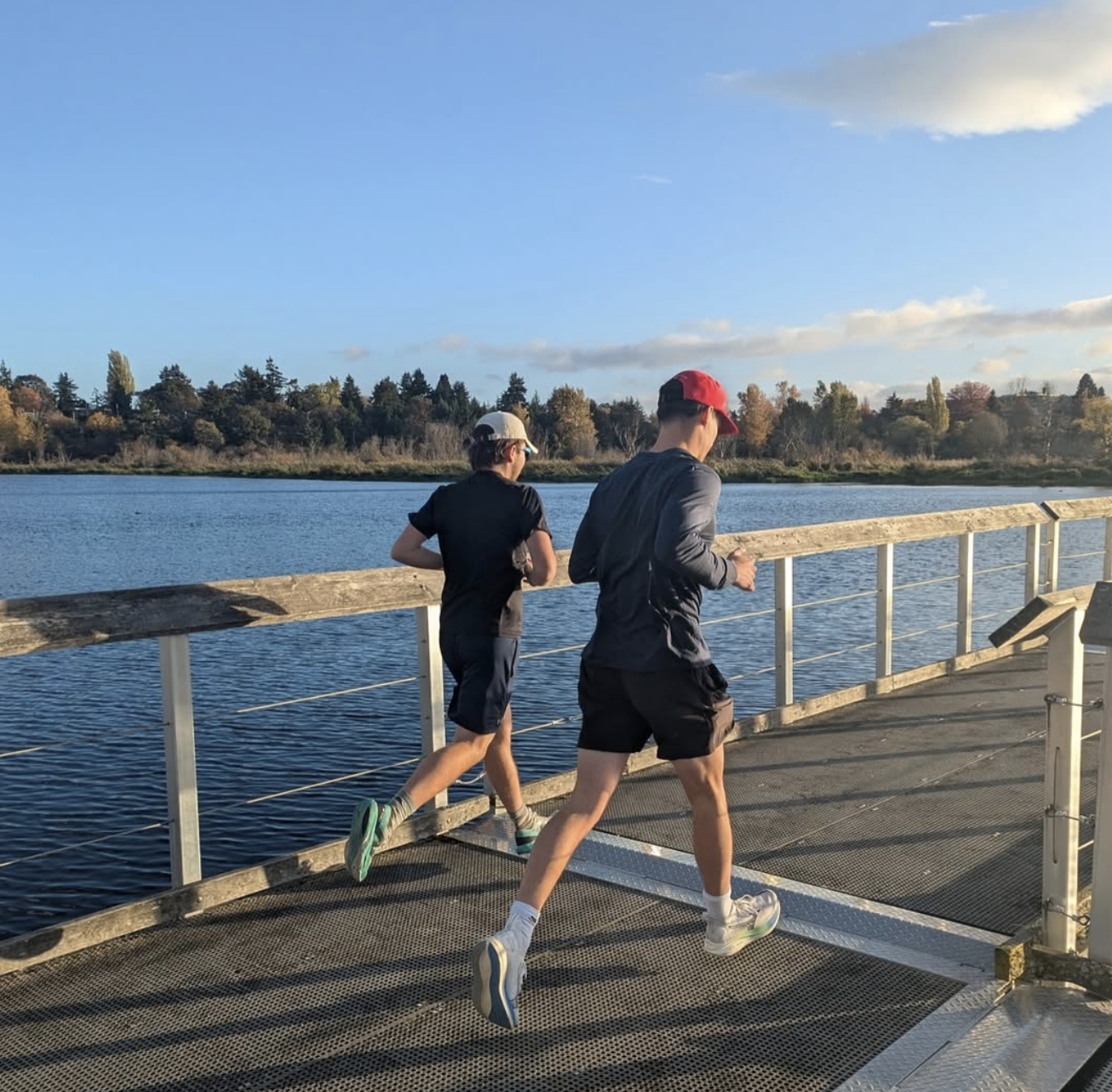This past year has shifted the student experience of university
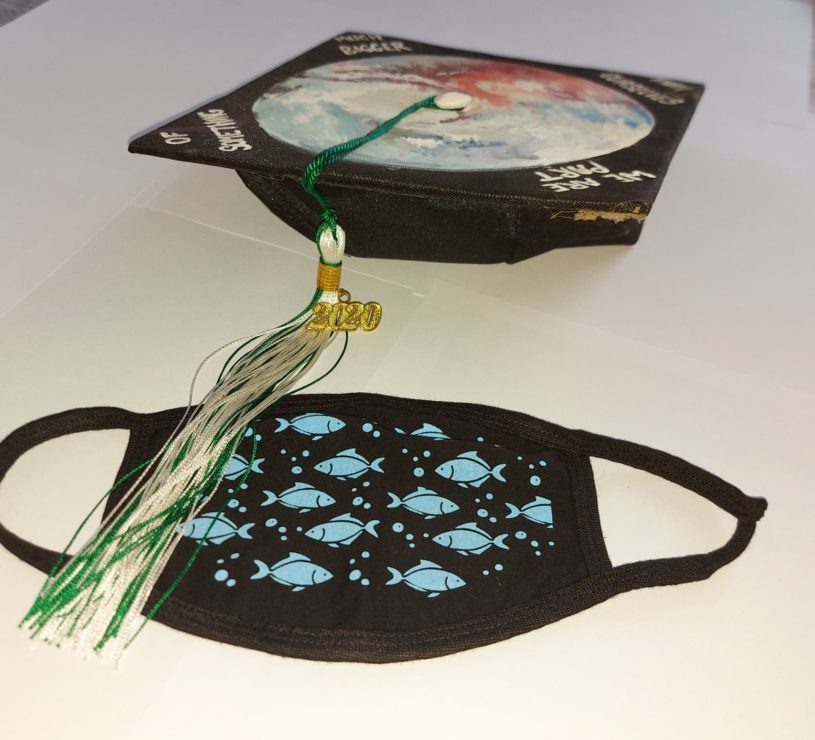
Many of us began our university degrees sitting in a classroom filled with new faces. We scrambled to get to class, pulled all-nighters to cram for exams, and spent a great deal of time in the quad soaking up the sun with our friends. In any typical June or November, students would come together to celebrate the many years of hard work dressed in their cap and gown and take pictures with their families and classmates. This year, they leave their degree with a click of a button.
Jess Harrison, who finished their anthropology degree at UVic in December of 2020, says they felt the absence of a physical rite of passage at the end of their degree. They submitted their documents, and then just logged out.
Many UVic students are feeling the emotional and economic impacts of graduating into a global pandemic. UVic has been unable to hold convocation ceremonies for recent graduates, but they will be hosting convocation ceremonies within the next three years. In the meantime, they are offering students a grad box which contains their diploma/certificate, a printed program, mortarboard, tassel, and alumni pin. Students are also able to rent a cap and gown from the student bookstore.
In addition to a physical rite of passage not being available at this time, students also face concerns regarding the job market they are graduating in to.
Alisha Franklin, who finished her degree as a double major in environmental studies and anthropology in December 2020, returned home because of the insecure job market and high cost of living in Victoria. Many of the jobs Franklin is looking into in her field require a minimum of three to five years of experience.
“I feel helpless, I don’t know who to turn to, and who to look to,” said Franklin.
From February to May of 2020 British Columbia saw a total of 590 000 working individuals experience a job loss or a loss of hours.
Half of the total job losses in B.C. impacted those getting paid under an hourly wage of $17 per hour, while those in the workforce under the age of 25 were three times more likely to experience job loss.
It is also critical to note the gendered impacts of unemployment during the pandemic. Forty-one per cent of women under the age of 25 experienced a decline in employment, while men under the age of 25 experienced 27 per cent.
Herbert Schuetze, a labour economist and professor at UVic notes that the pandemic has shifted the way we do things and is likely to have lasting effects.
Schuetze points out that when students enter the labour market during a downturn, individual lifetime wealth will be lower than those entering the labour force during an upturn. Another concern during a downturn in the labour market is the potential to underutilize university students’ skills.
Sam Dillon, a fourth-year gender studies and environmental studies, will be graduating in June. “[The pandemic has] changed the way that we work […] people are working from home more now. And lots of places are closed. And I just don’t know what that’s going to mean for employment in my fields,” said Dillon.
According to Schuetze, “It might mean that we see students maybe staying around a little bit more, [and] adjusting things that they’re doing, shifting within whatever field they’re studying to match what we’re seeing going on in the labour market.”
Although there are many struggles that students face, there is still hope for students graduating during the pandemic. Harrison thought their chances were low in finding work in their field, however they have successfully found employment doing archaeology.
“I’m still excited. We [worked] really hard to get to this point and pandemic or not, damn it, we did it. This last year has been, I don’t know, brutal in some ways, and a total learning curve,” said Dillon.
“I guess you kind of feel a little bit ripped off when your fourth year is over a computer. But I’m still really excited to graduate and I’m hopeful. There will be something maybe not right away, but things will come along,” said Dillon.




